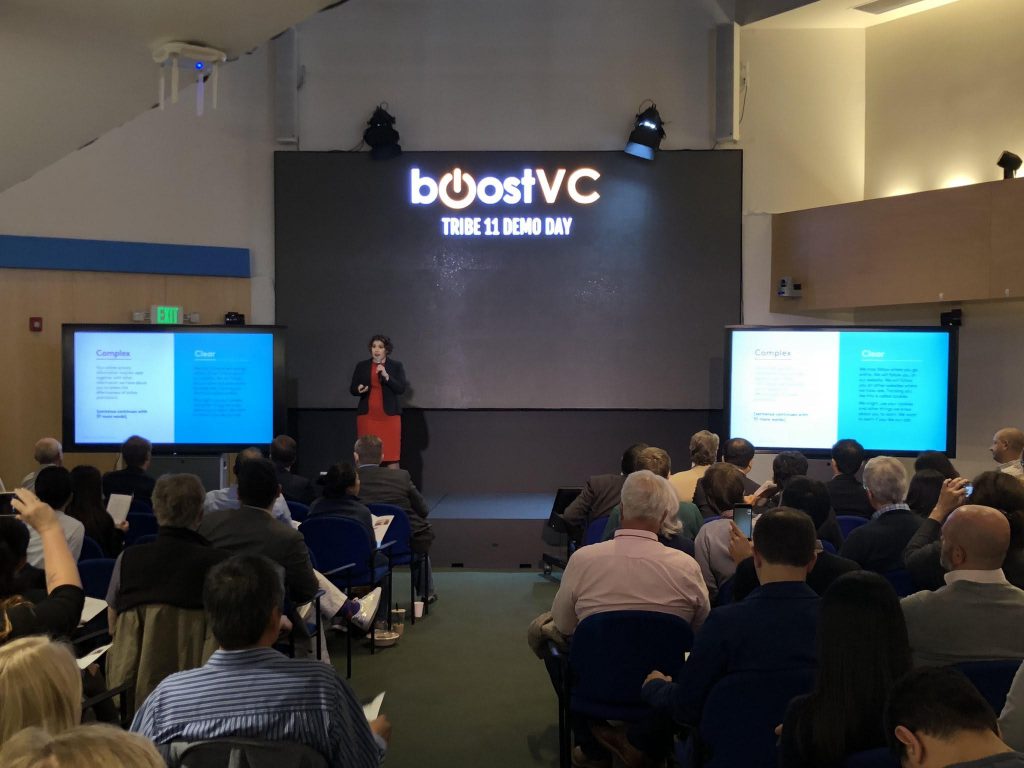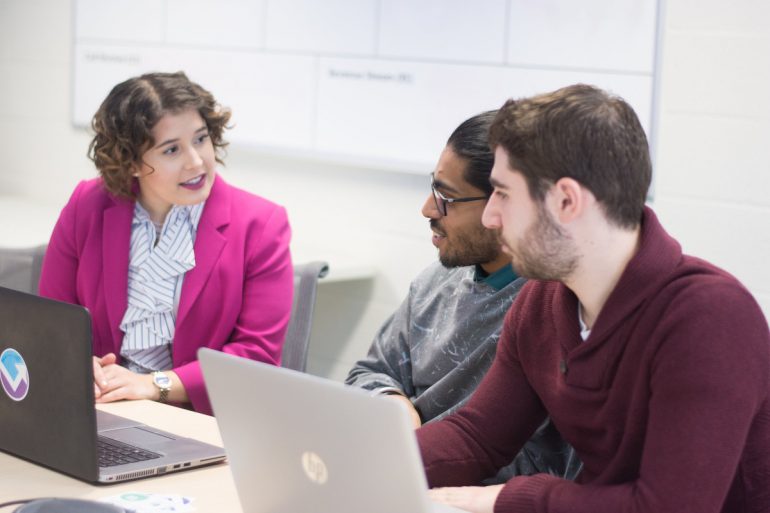Skritswap has raised a $657,000 CAD pre-seed round with the mission to reduce jargon.
US-based early-stage fund Unshackled VC led the round, along with several Canadian angels including Catherine Lacavera, director of IP and litigation at Google. Skritswap’s platform uses AI to analyze complex documents—such as medical documents, insurance agreements, and privacy policies—and replaces the jargon with easy-to-understand language. The company is also developing a feature allowing content to be swapped to any level of complexity.
“There is a lot of information in the world that is really complicated and requires decades of expertise-building to truly understand how to make an informed decision on it,” said Kargiannakis. “There are ways that information can be presented more clearly so more people can begin to grasp it and wrap their heads around it, so we can rebalance power in society so people can take control of their lives.”
Skritswap was recently named one of the Canadian Innovation Exchange’s top 20 startups, and previously raised an undisclosed six-figure angel round from Boost VC in April.
“Ultimately, skritswap returns the power to the consumer,” said Manan Mehta, general partner of Unshackled Ventures. “By making language clear, concise and comprehensible at all literacy levels, skritswap empowers consumers to make informed decisions, without any confusion. We are excited to be partnering with a company that puts consumers first.”
“There is a lot of information in the world that is really complicated and requires decades of expertise-building to truly understand how to make an informed decision on it.”
– Melissa Kargiannakis, founder and CEO of skritswrap
Founder Melissa Kargiannakis thought of the idea for skritswap while doing her Masters in health and information science in 2013, but said she didn’t feel confident starting the company until 2015 after spending time in MaRS’ Studio Y program. She received the Queen’s Young Leader Award for her work co-founding Sci-FY, a youth mentorship program dedicated to building foundational skills in numeracy, literacy, and healthy lifestyles.
“Those were really big things that made me realize ‘okay, maybe I can as a solo non-technical female founder build an AI company,” Kargiannakis said. “There was definitely a lag, but I used that time to study the landscape, not just how to run a company, but what does it take.”
Moving away from the common startup method of determining product-market fit as quickly as possible, Kargiannakis has been operating with the mindset of letting the market guide where the product goes. As the company signed on clients like Manulife and BDC—which is working on experiment with skritswap—it saw potential in industries like banking and insurance. Skritswap will use the funding to finalize its unit economics and refine the product’s target market.
Since its founding, skritswap has generated $1 million from paying clients, government grants, and investors.

“It’s a universally applicable technology in its final state, [and] making sure we enter the correct market at the correct time that’s large enough to sustain us through development phases to go through is really important,” Kargiannakis said. “There’s no dataset to train on so we’re actually building one, which is time-consuming, but it also gives us a really good opportunity to build a dataset with less bias than ones that currently exist, and to be much more intentional about that.”
Kargiannakis is candid about the struggle to build her startup over the last three years. Hailing from Sault Ste. Marie, the founder recounted travelling 4,000 kilometres over a month to deliver four pitches, only to be rejected by all four. Kargiannakis chose not to quit her full-time job while building her company to make sure she could support herself (any unpaid leave to pitch, she had to cost out). She finally quit her job in November 2017.
“Constraints beget creativity. That was very much my situation,” Kargiannakis said. “The constraint of not being able to just quit my job, like how was I going to pay for rent, pay for food, and be a responsible adult? As a founder, I have so much more to lose and thus so highly incentivized to make it work.”


